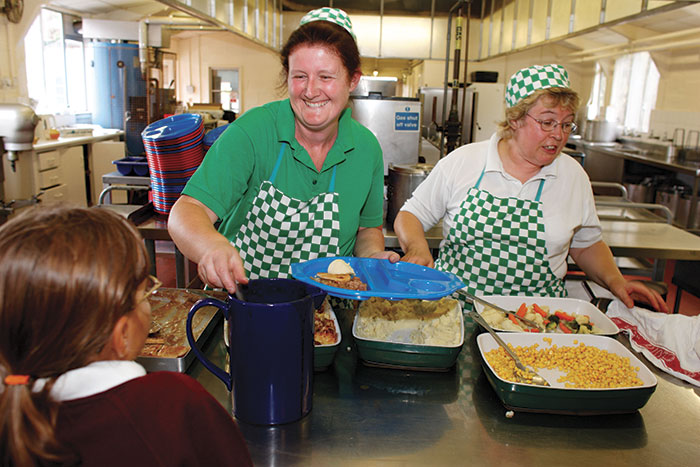
Each year, schools spend more than £10bn on support services, from back office provision such as finance, ICT, HR and payroll to school improvement, governor support, catering and facilities management.
The quality of these services directly or indirectly contribute to pupil attainment.
The pressures on school budgets, combined with the move to academies, are having a significant impact on the type and quantity of services schools choose to purchase for this day-to-day support.
So far, very little attention has been paid nationally to the effects of school funding pressures and the changing market dynamics on local authorities, which have historically delivered many of these services to schools.
C.co recently conducted research to assess this impact on local authorities.
Two clear trends became evident.
The first is that the needs of schools as customers are diversifying, so new services and approaches are required.
The second is that, despite budget pressures, schools are still spending money but are increasingly taking their business elsewhere, away from the local authority. In the 50 councils we looked at, around £20m of income was lost in just one year.
This changing dynamic is opening up the market to new providers. It is also fundamentally changing the relationships between schools and councils as touch points between the two are reducing.
The local authority education traded services customer base is diverse and continues to diversify.
One in four schools are academies and, when looking at the income of 50 councils, we found non-maintained schools contributed 14% of total income from schools. The move towards academisation was more prevalent in secondary schools but is now increasing at primary level.
‘From a school’s point of view, innovation and competition in the market can be a good thing but it is important to make sure it does not become an unwieldy administrative burden requiring business managers to constantly search for the best deal.’
Changing legal structures continue to erode the traditional connection, reliance and loyalty between a school and its local council.
The world has moved on in terms of how people shop; people expect quality and personalised services that they can order on demand.
Increasingly informed consumers will shop around for the price, quality and service they want.
Many local authorities are taking on the challenge and leading the way with innovative services and new delivery models; they are proving that it is possible to successfully compete against other providers.
From a school’s point of view, innovation and competition in the market can be a good thing but it is important to make sure it does not become an unwieldy administrative burden requiring business managers to constantly search for the best deal.
With more pressing matters to address, the contribution of support services to a school’s success is often overlooked. But they can have a real impact, partly by freeing up funds and time spent on procurement and partly by creating a great environment to achieve educational outcomes that matter.
Rather than try to hold on to traditional approaches, the time has come for local authorities to understand the services they provide in terms of cost, quality, customer need and strategic impact.
It is only by getting under the skin of these services that you can make strategic decisions on what to provide and which business model best fits the local context. The local authorities that do this will continue to innovate, and succeed in an increasingly competitive landscape.



















